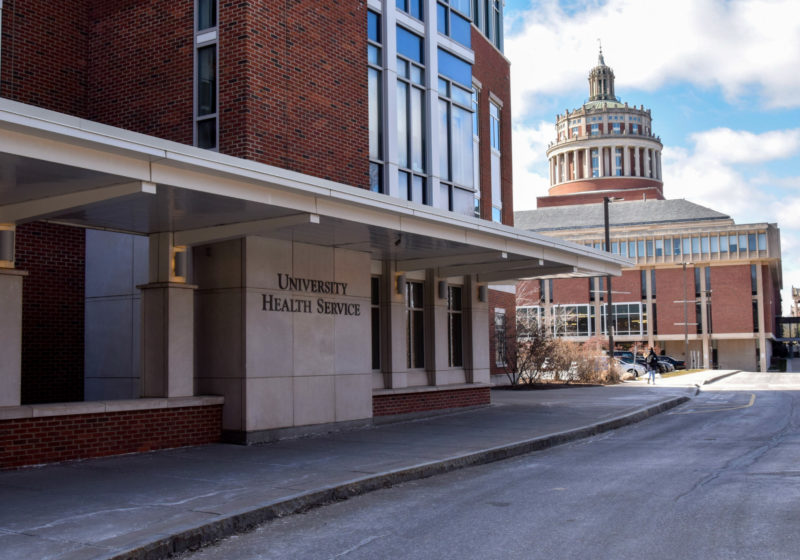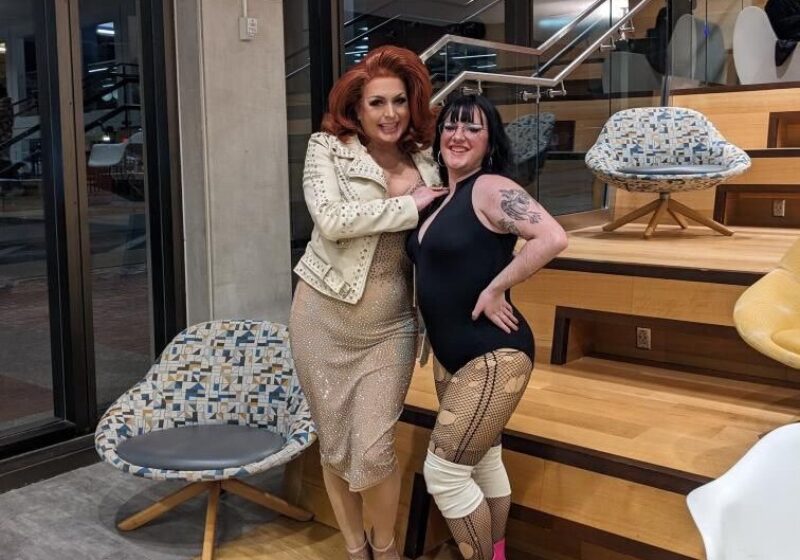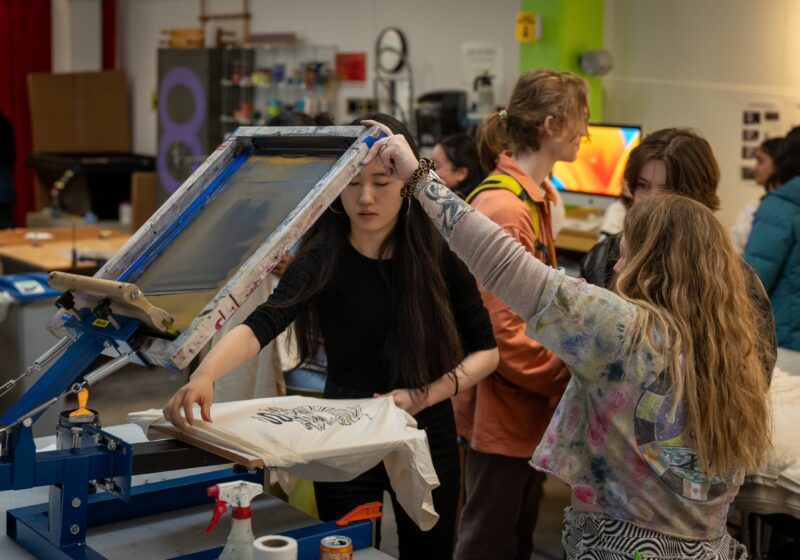Editor’s note: Due to their relationship to the offices mentioned in this article, the author has chosen to remain anonymous.
Campus health services disappointing students has become an unfortunate standard at UR. Holding UHS or UCC accountable used to be a lofty ambition of mine — I thought writing articles or getting involved in some way was going to make a difference. This lofty ambition has turned into a disregarded dream, because holding any University service accountable feels fruitless.
I hate that we’re accustomed to all talk and little action or initiative. I hate feeling high apprehension when entering UHS, and severe discontent after leaving. I hate that now I downgrade my own health issues, since I’m used to my Primary Care Provider (PCP) doing it during every appointment.
This is our health! It matters. It deserves more than the bare minimum of pretending to care and pretending to listen that UHS attempts to dole out. If we can’t rely on our PCPs to take our health concerns seriously, we must turn to a different presence in student health: the University Health Promotion Office (HPO), a space I’ve had the opportunity to observe from the inside. HPO is not an all-encompassing solution to UHS’ flaws — they can’t handle actual injury — but it’s a start and at least a more amenable service.
For those who are unaware, HPO resides on the fourth floor of UHS. They conduct health programming with the greatest face-to-face contact with students outside of the dreaded, red brick building. Which is why we need them to have competent, diverse programming to compensate for UHS’ shortcomings.
However, in its current state, HPO — our last chance at competent health programming on campus — may be equally deficient.
HPO addresses mental wellness, sexual health, physical activity, nutrition, alcohol and other drugs, and inclusive health. In a sense, there’s more pressure on them than UHS — they’re the face of health services, and right now they’re not living up to it.
The HPO foundational planning begins with survey results collected from UR students — the American College Health Association’s-National College Health Assessment, to be exact. This survey is the baseline data used for identifying programming needs and understanding student health concerns, but here’s the kicker: This beloved survey only has a 13.9% response rate from our student body.
And HPO uses it as a basis for your needs — all your needs.
This miniscule, puny number cannot account for diverse student needs; it’s setting up HPO administrators, instructors, and interns for failure. Using this survey as a foundation creates a devastatingly incomplete version of student needs. While getting a high number of students to respond to anything can be a challenge, that is not an excuse. This survey should have been aggressively advertised. If that failed, student needs must be assessed using another method. Giving up and using a degrading percentage like 13.9% is not the answer.
There is another survey that really needs to be examined, the UHS Consumer Attitudes Survey, which hasn’t been conducted in 10 years. If it wasn’t obvious, that’s an absurd amount of time not to conduct a survey that prioritizes student feedback. However, it’s apparently making a comeback this semester — we’ll see.
Currently, step two of HPO program planning is glossing over the concept of a target audience (the specific group a program is geared toward). And HPO, if you’re reading this, no, “undergraduate students” does not count. You know it’s just another way of saying all students. BIPOC, LGBTQ+, international students, and more — these audiences reside on a chart and are assigned to each HPO intern. Three interns were originally assigned to Greek life organizations, because for some reason Greek life needs three contacts at HPO, and LGBTQ+ students need none.
Aside from this assignment sheet, target audiences don’t resurface until it’s Hispanic Heritage Month, or Bisexuality Awareness Week, or International Pronouns Day — you get the picture. Then HPO hurries to post on Instagram, temporarily masking their cultural incompetence. It shouldn’t take a holiday or national awareness day to care about particular student communities. It needs to be part of routine, proactive programming instead of a mere afterthought.
Not that long ago, this kind of proactive, specifically targeted program was attempted. As confirmed on @urhpo Instagram, there was a BIPOC mindfulness program, “Mindfulness For Us.” It was unfortunately short-lived.
After holding this program once in the interest of “uniting the community of color on campus,” it was rebranded for all students to learn mindfulness.
There are barriers and stigma preventing the BIPOC community, among others, from attending a program meant for all students. But instead of adapting programs to acknowledge this need, the HPO keeps focusing on their current form of so-called progressive thinking: mindfulness and meditation.
General mindfulness and meditation programs, while effective and comfortable for some, are not effective and comfortable for all. And HPO shouldn’t keep pushing them as if they’re the only way to practice good mental health. Bottom line — prioritizing specific, diverse programming is more important than a new yoga session in the library.
So, what can we do to supplement these lacking health services until HPO reads this article and hopefully makes some changes? Pay closer attention to the evaluation form at the end of HPO programs. Fill out the UHS Consumers Attitudes Survey, which you’ll hopefully be seeing shortly. Let them hear you. Email. Comment on Instagram. Attend programs. Don’t give up yet; we can still keep health services accountable, starting with the HPO.






